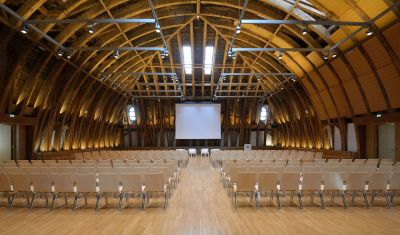Regionalisation and globalisation constitute a part of everyday reality in all spheres of life and that includes universities. Universities serve as a means to interconnect people in a microcosm while at the same time preparing them for global competition.
The EU-funded project 'University reform, globalization and Europeanization' (URGE) delved into creating long-term partnerships between three research centres specialising on different facets of university reform. The work involved 25 staff members from universities in Australia, Denmark and the United Kingdom. Forty international exchange visits, 24 research seminars, and 11 major conferences and workshops were realised over the project's 4-year duration.
Through a conceptual and theoretical framework, the project traced the differences and similarities in university reform. This helped to obtain a deeper understanding of how university practices interrelate with processes of globalisation. URGE also compared how higher education is being conducted across Europe and elsewhere.
Case studies were used to check these processes and determine how they reshape academic practices as well as university objectives. Five PhD courses, 9 working papers, 40 articles and a book proposal are further indications of the project's success. The achievements include new methodologies and frameworks used for further transnational research and study.
Beyond that, the knowledge generated is useful for policymakers in understanding how reform can have an impact on universities and the research they conduct through a multi-pronged context. By seeing the point of view of administrators, academics and students, policymakers have a broader understanding of new ways to connect society to a university and its work.
 EN
EN  CS
CS DE
DE ES
ES FR
FR HU
HU IT
IT PL
PL PT
PT РУ
РУ SK
SK TR
TR УК
УК AR
AR 中文
中文







